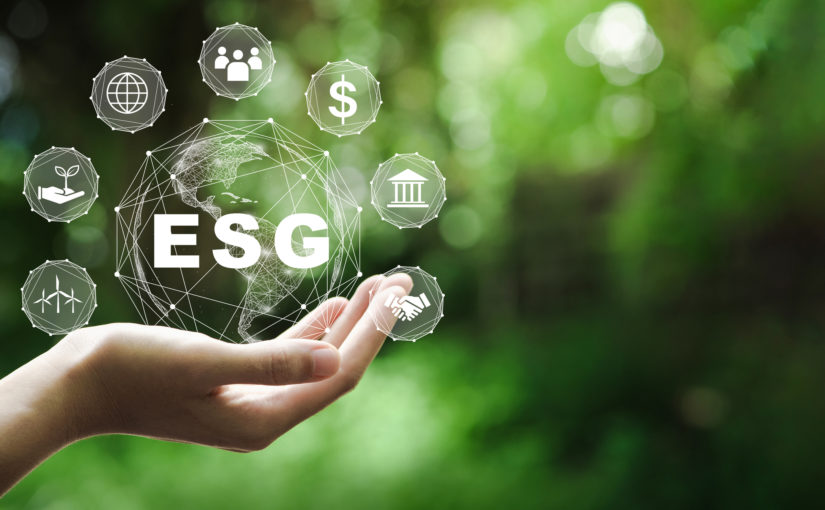Everyone wants the EV charging experience to mimic the way they drive their internal combustion choices. Seems only reasonable right? Once again, we are asking the wrong question.
First, let’s make this very easy to understand and use my Tesla as an example. I visit a recharge station with my Tesla battery just less than half full… say 100 miles showing and charge it to 200 miles in about a half hour. Adding 100 miles requires about 35 kWh and I do that in 30 minutes so the average demand while I am charging is 70 kW. On average I am adding 3.3 miles to the battery each minute.
Stay with me now. As I watch the charging cycle on my dash I see the instantaneous charge rate starts out much higher than that indicating my electric demand is actually several hundred kW. Since modern electric utilities measure demand as the highest amount of energy in 15 minute blocks for commercial customers, let’s just say the actual registered demand when my Tesla plugs in is probably 200 kW.
Now, let’s imagine I have a new Tesla with a 400 mile range and want to do the same thing. My demand would be closer to 400 kW. And, let’s imagine that I wanted my recharge experience to be similar to my gasoline powered car … say 5 minutes and not 30 minutes. That means the demand is 1,200 kW.
All along the average demand at the charging station is dropping which makes the business case for the electric utility serving that site less and less attractive. Therefore, the quest for short charging cycles is in complete opposition to economics and efficiency. Yet, we hear more and more of our taxpayer money being spent to promote the construction of these fast charge stations.
Am I going to fast? In this modern era of electricity system emphasis on load management, why on earth are we suggesting that EVs should recharge at these rates… just because we want more and more people to have them? Instead, why aren’t we thinking of offering customers pricing that reflects their choices on recharging. If you want to recharge in 10 minutes, you pay a higher price compared to recharging in 30 minutes.
Why is it that I don’t hear anything about this kind of thinking?
Oh, I forgot … people are not thinking.





 Whom the Bell Tolls, was a novel written as a mixture of firsthand observation and creative writing in the early 1940s about the war in Spain. Sometimes books get remembered because their title is provocative. Other times, it is because there is a deeper message captured in the title that takes on meaning because you read the book.
Whom the Bell Tolls, was a novel written as a mixture of firsthand observation and creative writing in the early 1940s about the war in Spain. Sometimes books get remembered because their title is provocative. Other times, it is because there is a deeper message captured in the title that takes on meaning because you read the book.